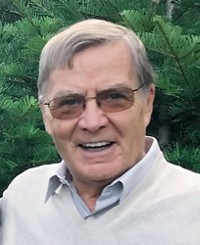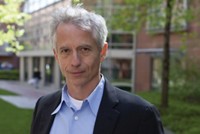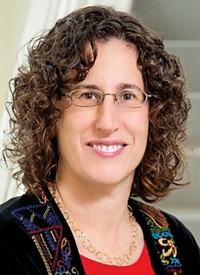Advertisement
Grab your lab coat. Let's get started
Welcome!
Welcome!
Create an account below to get 6 C&EN articles per month, receive newsletters and more - all free.
It seems this is your first time logging in online. Please enter the following information to continue.
As an ACS member you automatically get access to this site. All we need is few more details to create your reading experience.
Not you? Sign in with a different account.
Not you? Sign in with a different account.
ERROR 1
ERROR 1
ERROR 2
ERROR 2
ERROR 2
ERROR 2
ERROR 2
Password and Confirm password must match.
If you have an ACS member number, please enter it here so we can link this account to your membership. (optional)
ERROR 2
ACS values your privacy. By submitting your information, you are gaining access to C&EN and subscribing to our weekly newsletter. We use the information you provide to make your reading experience better, and we will never sell your data to third party members.
Policy
ACS Award For Distinguished Service In The Advancement Of Inorganic Chemistry
Sponsored by Strem Chemicals
by Stephen K. Ritter
January 3, 2011
| A version of this story appeared in
Volume 89, Issue 1
Charles P. Casey of the University of Wisconsin, Madison, is a household name to most chemists. If scientists don’t recognize him as a past-president of the American Chemical Society or for his leadership role in the national science and engineering community, then they might know him as a lecturer, teacher of dozens of Ph.D. students, or leading researcher in organometallic chemistry.
“Chuck Casey’s unique combination of outstanding service and distinguished research in inorganic chemistry richly merits this award,” says Wisconsin colleague Clark R. Landis.
In the lab, Casey is known for his mechanistic investigations in organometallic chemistry. His research group has contributed to the understanding of homogeneous catalysis of alkene isomerization, olefin metathesis, cyclopropanation, hydroformylation, hydrogenation, and alkene polymerization. Casey and his colleagues provided the earliest well-defined models for individual steps in olefin metathesis. His group also isolated key proposed intermediates in Fischer-Tropsch chemistry and developed model compounds of intermediates in Ziegler-Natta alkene polymerizations.
Above and beyond his research achievements, Casey has been a visible leader in the chemistry community. Milestones in his career include serving as chair of the ACS Wisconsin Section, chair of the ACS Division of Inorganic Chemistry’s Organometallic subdivision, chair of the ACS Division of Inorganic Chemistry, and member of the ACS Petroleum Research Fund’s advisory board.
In 2004, as ACS president, Casey initiated the Academic Employment Initiative, which has broadened the process by which colleges and universities recruit faculty into the chemical sciences. He also supported division-sponsored symposia at ACS regional meetings and provided opportunities at national meetings for chemists to learn more about the emerging field of nanoscience.
Casey, 68, received a B.S. degree in chemistry at St. Louis University in 1963 and a Ph.D. in organic chemistry at Massachusetts Institute of Technology in 1967. The following year, he joined the faculty at UW Madison, where he is now the Homer B. Adkins Emeritus Professor of Chemistry.
He is a member of the American Academy of Arts & Sciences and the National Academy of Sciences and served as chair of NAS’s chemistry section. Among other national roles, Casey was cochair of the National Research Council’s Chemical Sciences Roundtable and is currently chair of the chemistry section of the American Association for the Advancement of Science. He also serves on the board of the nonprofit Council for Chemical Research.
Casey has been a member of the editorial board of several ACS journals, including the Journal of the American Chemical Society, Organometallics, and Organic Letters. His awards include the ACS Award in Organometallic Chemistry, the Arthur C. Cope Scholar Award, and the Alexander von Humboldt Senior Award.
Scientists of the quality of Casey “set the standards not just for their students and their competitors in research, but for all the areas in which they offer their services,” says Daryle H. Busch, a past-president of ACS and a chemistry professor at the University of Kansas. “Casey deserves recognition for raising the standards in organometallic chemistry research, in the education of graduate students in organometallic chemistry, in the service of the many organizations that serve inorganic and especially organometallic chemistry, and in the conduct of the leadership of the American Chemical Society itself.”
Casey will deliver the award address before the Division of Inorganic Chemistry.






Join the conversation
Contact the reporter
Submit a Letter to the Editor for publication
Engage with us on Twitter